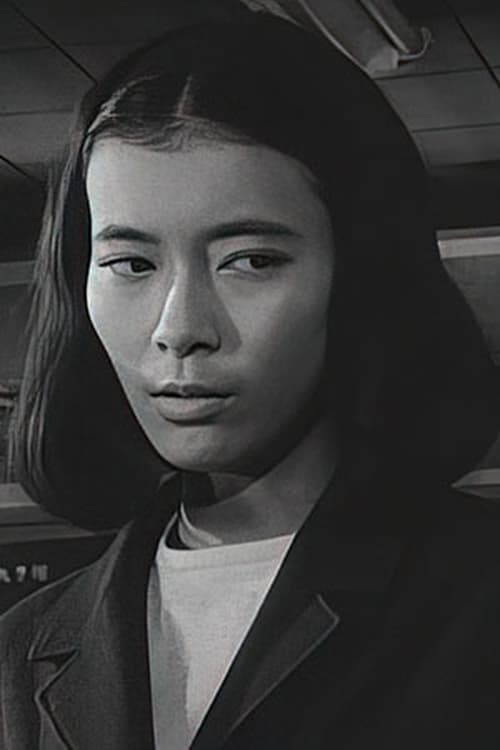Hiroko Sakurai
Nascimento : 1946-03-04, Meguro, Tokyo, Japan
História
Hiroko Sakurai is a Japanese actress and producer. She is known for her role in the original Ultraman along with the rest of the Ultra series. She is also known for her roles in the films of Akio Jissoji.

Naraho town in Fukushima Prefecture is on the front-line of the government-funded nuclear power plant decommissioning work. Kokuhei Kusunoki is transferred from Aizu Wakamatsu City to Naraho Town to take over the Disaster PR Division. Murai takes Kokuhei around Fukushima including areas washed away by the tsunami. They examine the still incomplete railway lines, the unfinished decontamination area and villages in the danger zone, where deadly cesium continues to pile up. One day Kokuhei is told to organize a party to celebrate the professor who has been appointed as deputy director of the Atomic Energy Research Institute.

Kawado Fujiko
When military experiments go haywire and trigger an atomic bomb, the consequences are of epic proportions. A monster arrives in the midst of the nuclear fallout, and Japan's defenses are helpless against it. Mankind's only savior is an irradiated water goblin from Japanese folklore called the "Death Kappa." The two rival monsters must go head-to-head in the ultimate battle between good and evil!

The film is composed of stock footage from the original Ultraman television series with additional newly filmed content, and it served as an “epilogue” as Ultraman returns to Earth for one final battle.

Yuriko Edogawa
Theatrical version of episode 17 of Ultra Q TV series.
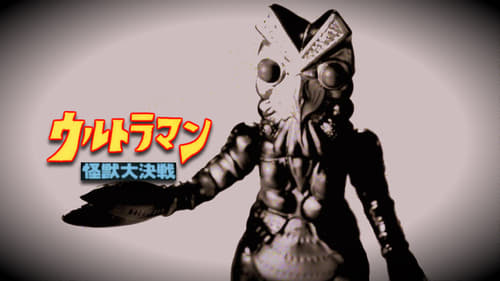
Akiko Fuji
A 1979 Japanese tokusatsu kaiju film produced by Tsuburaya Productions, consisting of re-edited material from the original television series Ultraman. Ultraman: The Great Decisive Battle was the 1st movie of the third Showa phase (Jissouji's Ultraman being first and Ultra Brothers vs. The Monster Army being second) and because of this Tsuburaya decided to make this a reunion of the last 12 Ultras (aside from Ultraman 80 which hadn't come out yet). Tsuburaya decided to give this a different tone than Jissouji's Ultraman, having more new scenes and appealing to the all-Ultra fan.

Akio Jissoji's Ultraman is a 1979 Japanese tokusatsu kaiju film directed by Akio Jissoji. It is a compilation film made up of scenes from Jissoji's episodes of the original Ultraman TV series.
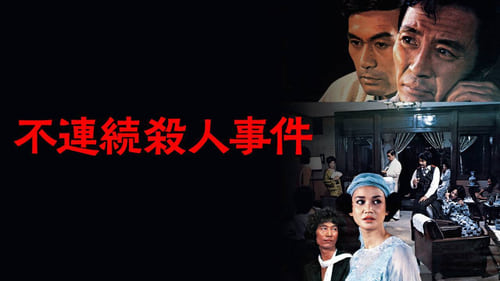
Kyoko Yashiro
In the summer of 1947, various men and women gather at a mansion in the countryside at the invitation of Kazuma Utagawa. They are artists, novelists, poets, painters, playwrights, actresses, etc. Then the murders begin, one after another. The incident seemed to have no continuity...

Utamaro was an artist who lived in Edo (which was later to become modern-day Tokyo) in the late 18th century. This film, which has a complex and wide-ranging storyline, recreates the world of that time, as it appeared in Utamaro's paintings.

Fujino
The young houseboy in Uta wakes up every night to patrol the house of a teacher with a flashlight. He leads an austere life of meditation and he focuses his devotional attention on writing inscriptions for tombstones.
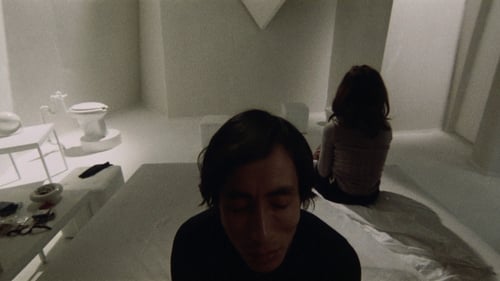
Yasuko
About two student couples who become members of an obscure sect. The cult seeks a prehistoric utopia with free sex and without society's norms and values. The students are torn between ambient pressure and the sect leader's authority to organ music in the creative camera angles.

A survivor of the tragic mass suicides on Tokashiki Island in 1945 falls in love with a near-mute motorcycle engineer.

Based on the comic by George Akiyama

Osen
Two women are ferried to a small prison colony on the remote and barren prison island, where they and their fellow inmates are forced to perform perilous slave labor along the island’s treacherous cliffs, overseen by both an unforgiving sun and a crew of abusive male wardens. Meanwhile, the arrival of a newcomer among the island’s administrators, a disgraced policeman who is also the son of Nagasaki’s governor, creates dissension between the officials that, along with an untimely outbreak of bubonic plague on the island, ultimately sets the stage for a daring escape attempt on the part of the prisoners.

Ohisa
A samurai kills a blind man who tells him to repay his debts. Because of the samurai's actions his entire family is to bear a terrible curse.

Akiko Shimamura
Comedy-drama about university tennis players.
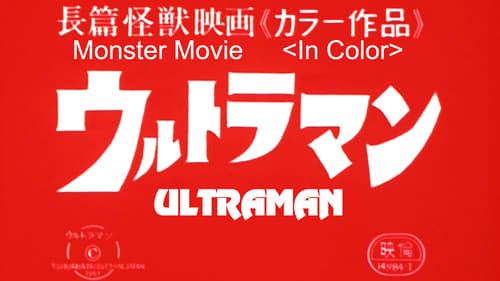
Akiko Fuji
The film consists of re-edited material from the original television series Ultraman. Episodes 1, 8, 26, and 27 were used for the film. They were narrated by Hikari Urano as an "Ultraman Documentary". Allegedly only one new scene was shot, and that some parts of the movie where shot in black and white for unknown reasons. The movie screened at the same time as the Toho movie King Kong Escapes.

The recorded stage debut of the original Ultraman.
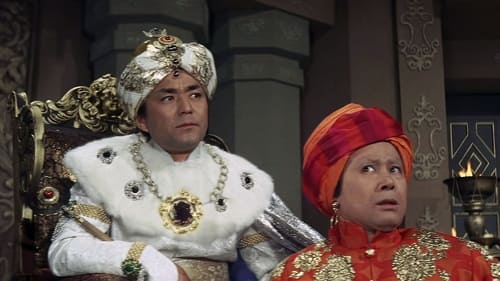
Handmaiden
Osami, a soldier-of-fortune from Japan, joins with priest Ensai in a quest for the ashes of the great Buddha. Their journey takes them to a kingdom in the Middle East, where they find intrigue and romance in the court of an evil king.
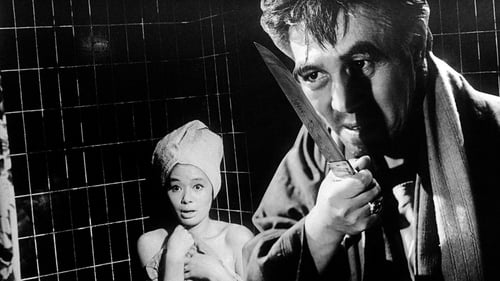
During the mayoral election, two ex-prisoners decide to replace the lucky pen of an annoying candidate with a mini-bomb.
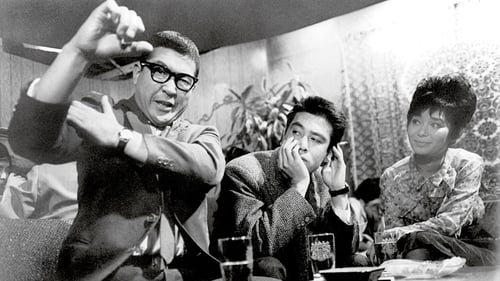
A salaryman's drunken ravings in public attract the attention of journalists who coerce him into telling them his life's story.

Four fishermen friends are caught up in a piracy plot.
